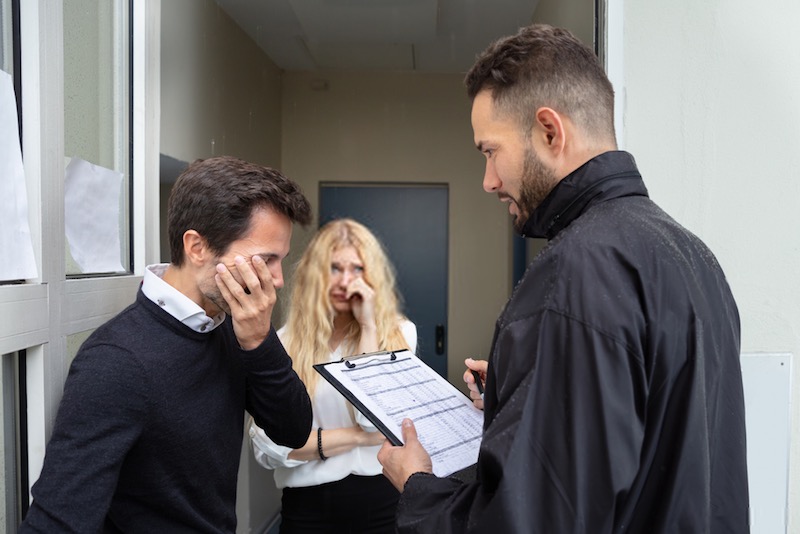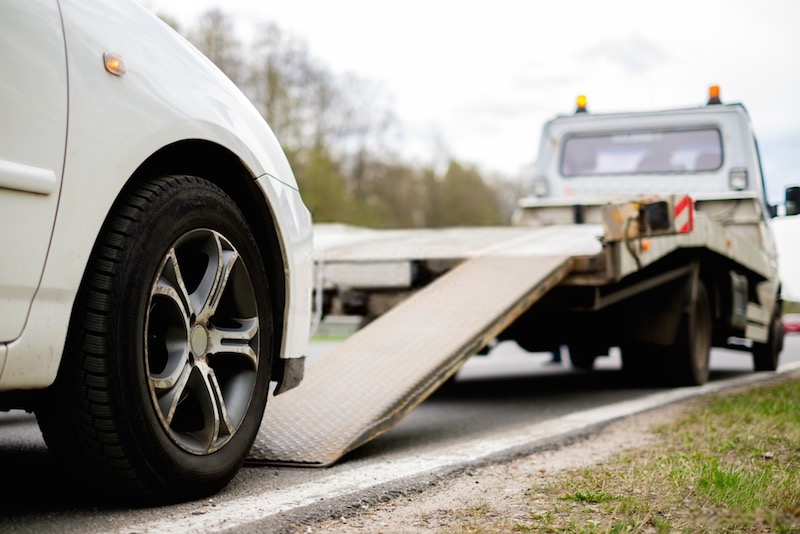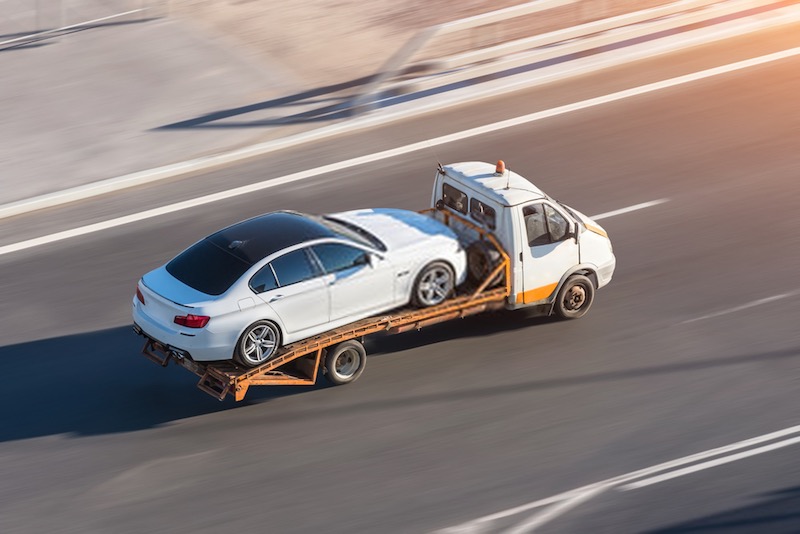Contents
Another worry is that these days many of us don’t own our cars outright. Almost 90% of all new cars sold in the UK are on some sort of finance plan. This means a lot of people have a vehicle on a hire purchase agreement, making their monthly payments on the car to the finance company before owning it outright at the end of the contract.
The monthly payments on a hire purchase agreement end up becoming quite a significant household expenditure after we’ve paid for the mortgage or rent. So what happens if we can’t make our finance payments, or if we can’t pay debts and the bailiffs show up at the door?
Can bailiffs take your car if it’s on finance?

This all completely depends on who owns the car. You will need to check the agreement to find out. If your car was on a hire purchase agreement previously, but you’ve finished your contract, the bailiffs are well within their legal right to take the car.
However, if you are still making payments on a hire purchase agreement that means that you don’t currently own it, you’re hiring it. Your final payment will be when you own the car. So technically if you’re still paying the monthly instalments, the finance company are the legal owners of the car. In this circumstance, the bailiffs cannot take the vehicle.
What happens if I can’t pay for my hire purchase agreement?
Being in debt means you will be struggling to pay the bills, and the payments for your hire purchase agreement is likely to fall behind. When you miss the first payment on the car, the finance company will get in touch with you to let you know that you need to pay the outstanding balance. Once a second payment is missed, you will receive a notice of arrears. These notices will continue to appear at your door each month until you manage to pay off the debt, or the finance company takes further action against you.
Once a certain amount of time has passed a finance company can also send you a default notice, demanding payment within 14 days to clear any outstanding balance. If you can’t pay within the two-week time frame, the company then has the option to terminate your hire purchase agreement. This is when the bailiffs will step in as part of the court proceedings against you to repossess the car.
How do bailiffs repossess a car on a Hire Purchase agreement?

If you haven’t managed to pay a third of the total amount you owe on the car, including any interest you have accrued, a finance company doesn’t even need to get a court order to be able to repossess the car.
If you have paid a third of the value you have outstanding, the company does need a court order before being able to send bailiffs in to repossess the car. In the instance, a bailiff comes to your home and takes a car without a court order; you can claim compensation by taking the finance company to court.
Court orders for car repossession
The court order stage is a critical one in the repossession process. If you ignore the court order or don’t appear on the date specified, then the finance company can present you with an order to pay the full amount outstanding. You will also have to return the car to them. If you don’t return the car to them when asked, the bailiffs will then be sent to your address to take the car away from you.
Time orders for car repossession
If a bailiff has shown up at your door wanting to take the car away from you and you are unable to clear the outstanding amount, you can apply to the court to get a time order granted. With this order in hand, you will have some time to catch up on the outstanding arrears, while still carrying on with the monthly payments as you normally would. If a court decides to grant you this order, it can prevent the bailiffs from being able to take the car from you.
What happens to the car after the bailiffs have taken it and can you get it back?

Once the bailiffs have been to your home and taken the car, it will go to auction. The finance company will use the amount it sells for to offset your debt, but this amount of money will rarely pay off the debt. In this case, you will have lost your car to the finance company, and you will still be liable to pay off the debt that hasn’t been settled by the sale of the vehicle. Because there is still a debt to be paid, you are still under threat of further court enforcement proceedings against you, which could mean another visit from the bailiffs who will then turn to items in your home to settle the debt.

